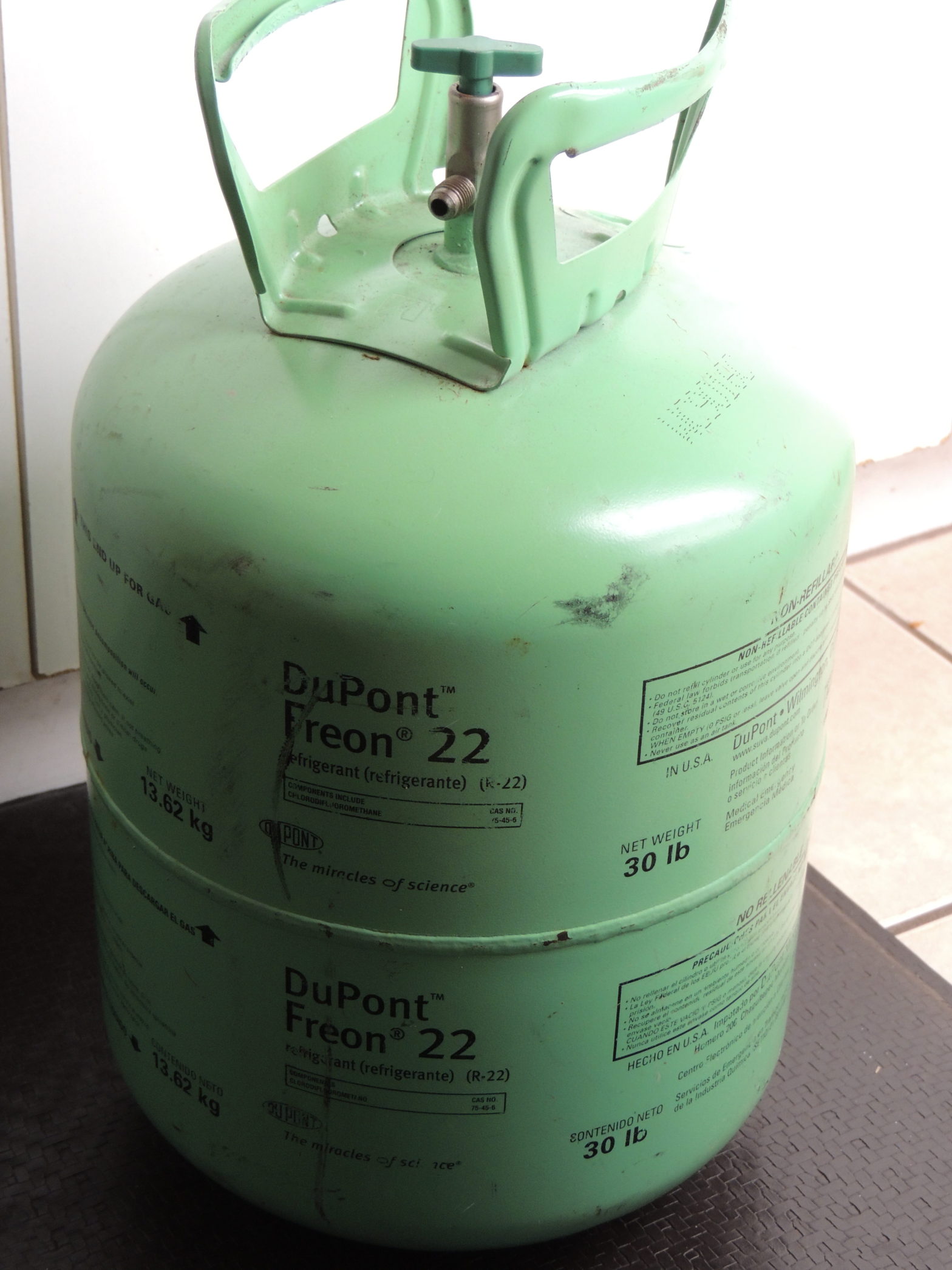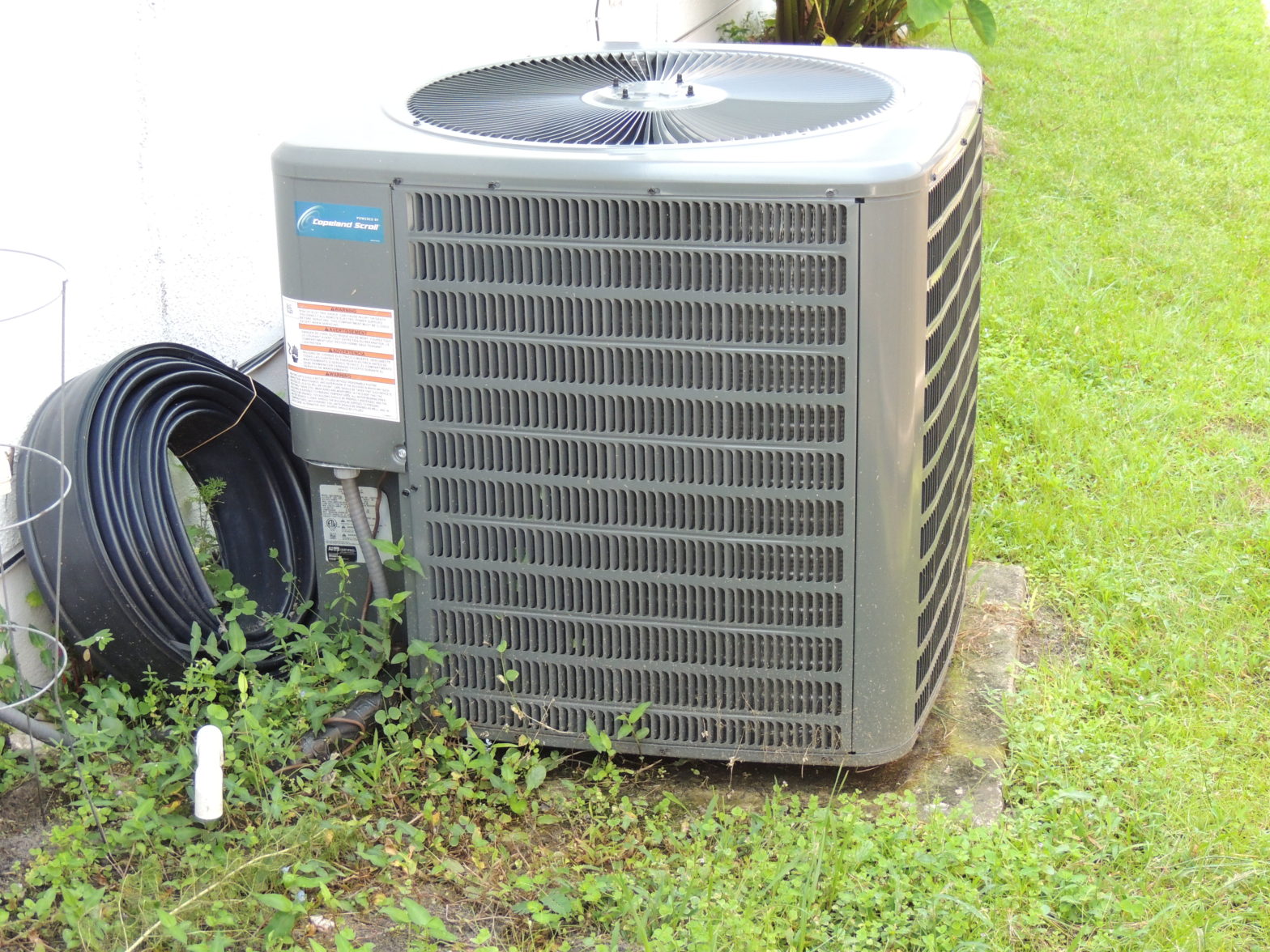“Freon” is the common name for R-22, hydro-chlorofluorocarbon (HCFC). R-22 has been used as a refrigerant by HVAC manufacturers for over 40 years, but studies in the past decade have shown that HCFCs contain chlorine, an ozone-depleting agent. For this reason, the United States Clean Air Act had set the target date for January 1, 2010, on which HVAC manufacturers must cease the production of products that use R-22. So as for the manufacturer community, pure R-22 is banned from their production. However exceptions exists. For example, many manufacturers sell a “dry” unit that will accept reclaimed/recycled R-22.
What about the HVACR service industry?
Does this mean that if my old a/c system needs serviced, I can not fix it? Of course not or at least not yet. Let me explain. Under the terms of the Montreal Protocol, the U.S. agreed to meet certain obligations by specific dates that will affect the residential heat pump and air-conditioning industry. Many of these dates are now history accept for:
- January 1, 2015:The Montreal Protocol requires the U.S. to reduce its consumption of HCFCs by 90% below the U.S. baseline.
- January 1, 2020:The Montreal Protocol requires the U.S. to reduce its consumption of HCFCs by 99.5% below the U.S. baseline. Refrigerant that has been recovered and recycled/reclaimed will be allowed beyond 2020 to service existing systems, but chemical manufacturers will no longer be able to produce R-22 to service existing air conditioners and heat pumps.
What about the community?
So the short answer is no. The community will continue to need R-22 to service these units. Supply and demand will be the rule. As the production in 2020 is basically stopped, only reclaimed R-22 will be available. This means your local HVACR repair man may have to charge very high rates for this refrigerant. The best decision is to explore other refrigerant options now and be ready to upgrade equipment to match these alternatives.
Discover more from Ask The AC Expert
Subscribe to get the latest posts sent to your email.



